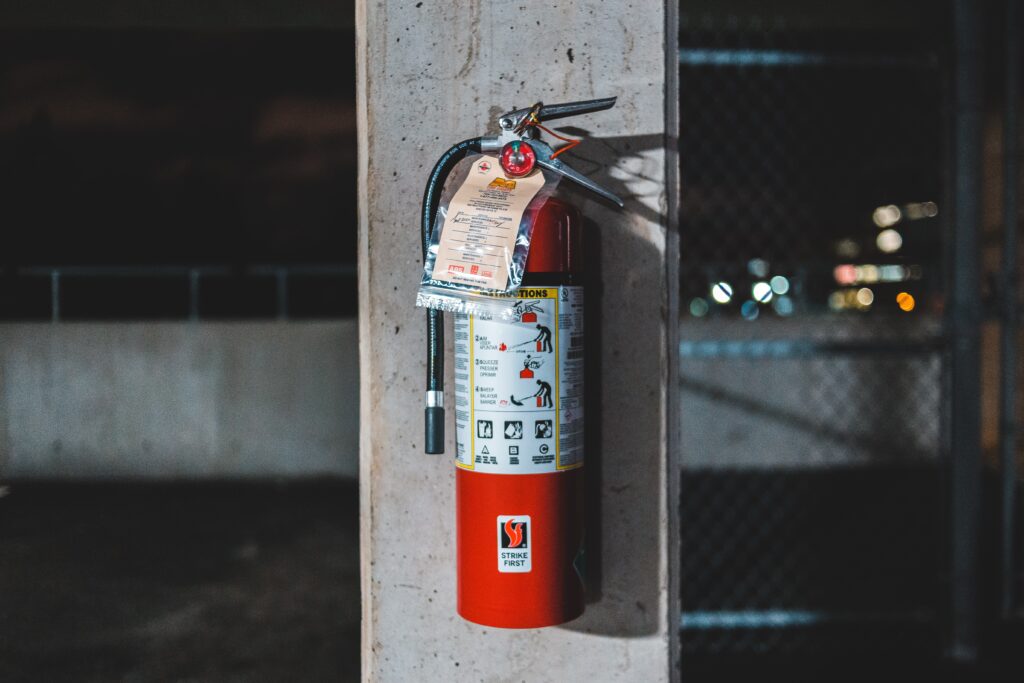Posts by client
A Condo Board’s Guide To The Value For Money Audit
The Value for Money Audit was conducted by the Ministry of Government and Consumer Services. The survey was designed to spot shortcomings regarding the implementation of the reforms made to the Condo Act. It also looked at the role of both the Condominium Management Regulatory Authority of Ontario (CMRAO) and Condominium Authority of Ontario (CAO).…
Read More10 Things Condo Boards Should Know about Smoking Complaints
Smoking complaints – they happen in every condo. The question of smoking in condos continues to fuel the flames of conflict for condo dwellers. As a result, condo boards should understand what they can do when complaints arise. Here are 10 things condo boards should know about smoking complaints. 1) Smoke Free Buildings to Curb…
Read MoreFive Important Fire Safety Facts Condo Boards Should Know
Fire safety in condos is key. Which means condo boards should know the minimum requirements for fire safety in Ontario. Governed by the Fire Code O. Reg. 213/07, under the Fire Protection and Prevention Act, 1997, fire safety applies to condos with 10 or more occupants. Here are five important facts every condo board member…
Read MoreHow To Use Reserve Fund Planning To Avoid Underfunding
You would think regular reserve fund studies help condo boards avoid underfunding their reserve funds. However, many boards contribute the bare minimum of 10% of the operating budget towards the reserve fund in accordance with the Condo Act. As a result, underfunding poses long-term financial problems difficult for boards to resolve. Here’s how reserve fund…
Read MoreWhy Energy Efficiency is Critical to Reserve Fund Studies
Reserve fund studies provide a great opportunity to find upgrade projects for your condo corporation that also reduce your energy costs. Here’s why energy efficiency is relevant to your condo’s reserve fund studies. Reductions in Utility Bills in Reserve Fund Studies As a member of your condo’s board of directors, your goal is to identify…
Read MoreThe Important Role Condo Boards Play in Property Value
According to the Toronto Real Estate Board, 2020 third quarter condo resales increased by 10.5 percent in the GTA. This is good news, but it comes with one caveat: New listings increased by 84.6 percent. That presents steep competition when condo owners decide to sell. Therefore, board members should keep in mind the important role…
Read MoreHow Looking Beyond 30 Years Improved Reserve Fund Study
Reserve fund study considers the life span of each component in a condo development. This helps condo boards forecast costs for repairs or replacements down the line. The Condo Act only requires a 30-year plan outlining future needs. However, looking beyond that 30-year span provides valuable insight into some of the more costly repairs and…
Read MoreStatus certificate red flags and how to avoid them
Your condo status certificate is reviewed by the lawyers of potential buyers. A healthy certificate encourages people to sign on the dotted line. Therefore your condo board should know how to avoid the following status certificate red flags. High or Rising Common Expenses High or rising common expenses can discourage buyers on tight budgets. While…
Read MoreElevate Your Condo Concierge Service & Improve Resident Relations
A condo concierge service provider has a difficult job. While most serve as a monitor for the comings and goings of the building, the lines of their role are easily blurred. As a result, some concierges see themselves as authority figures, yet others feel more like receptionists. This can put a strain on concierge and…
Read MoreTop Five Condo Lawsuits and How to Avoid Them
Condo owner disputes happen. And it can happen in any condo. Though when not properly handled, they can lead to costly, time-consuming condo lawsuits. However, if you are familiar with the top five lawsuits condo boards and Toronto and the GTA property management companies face, you can take steps to avoid them. 1. Failure to…
Read More









